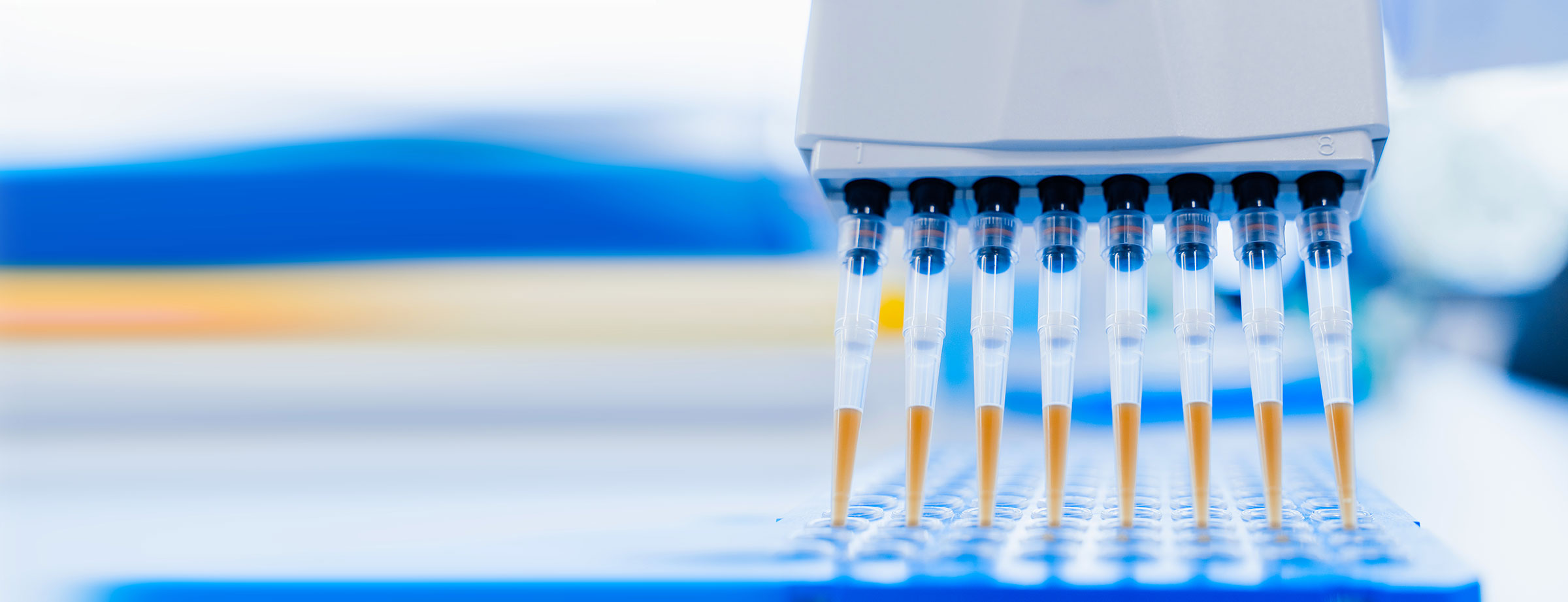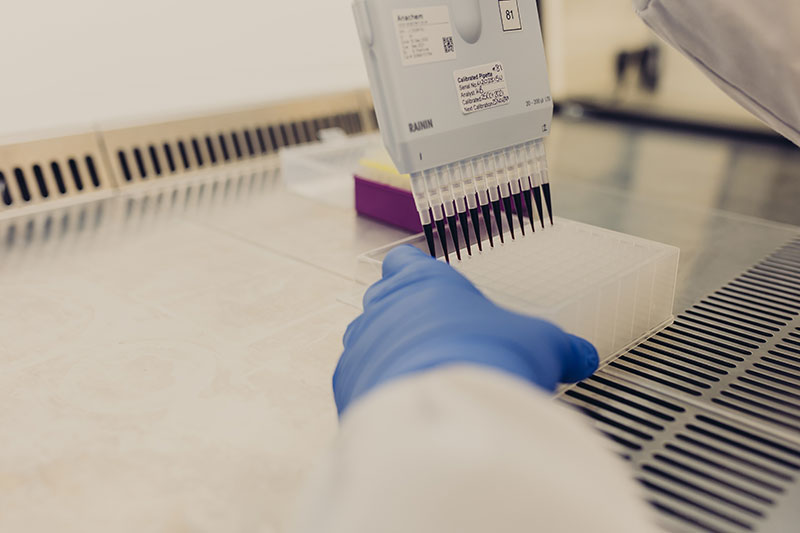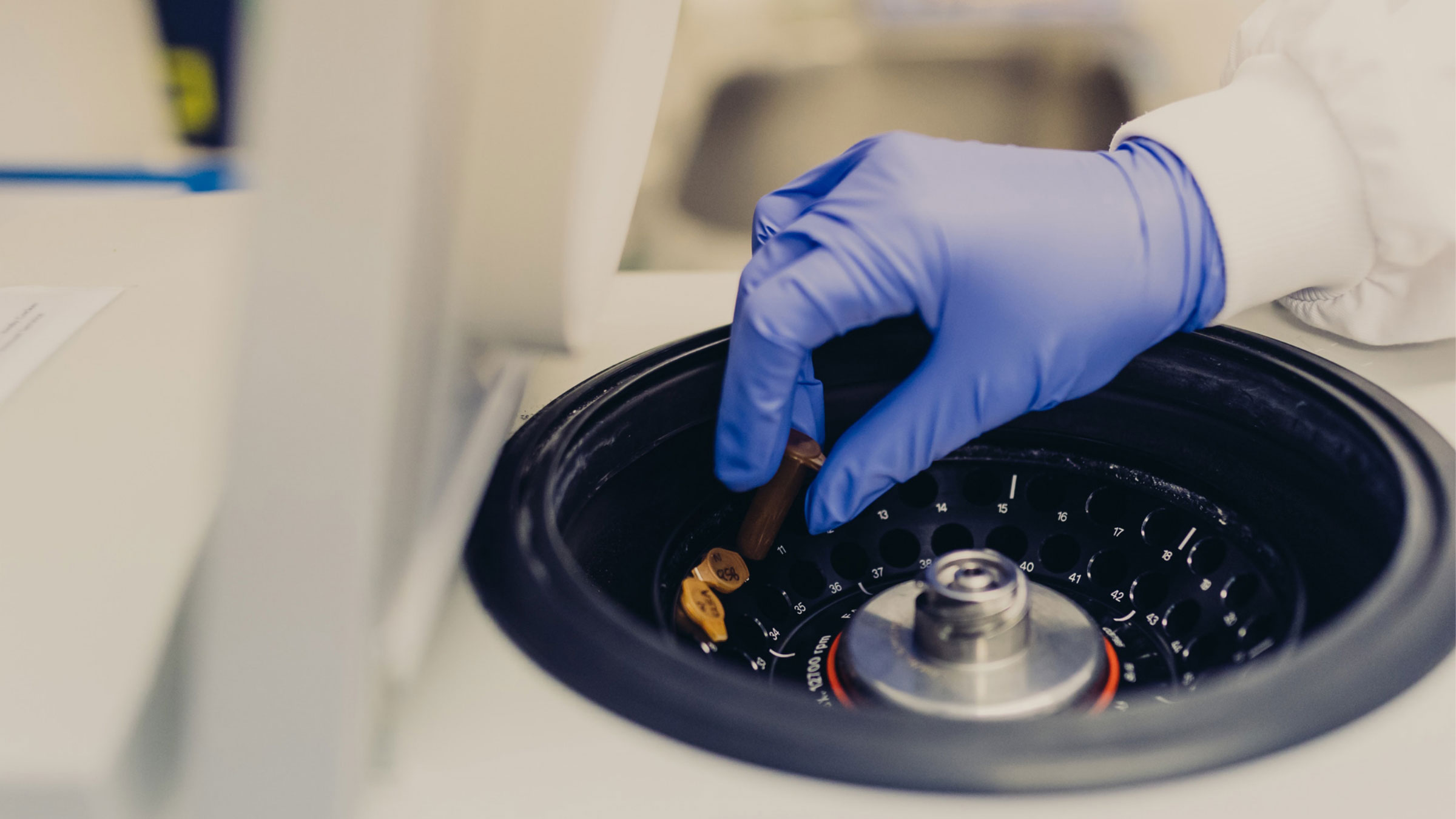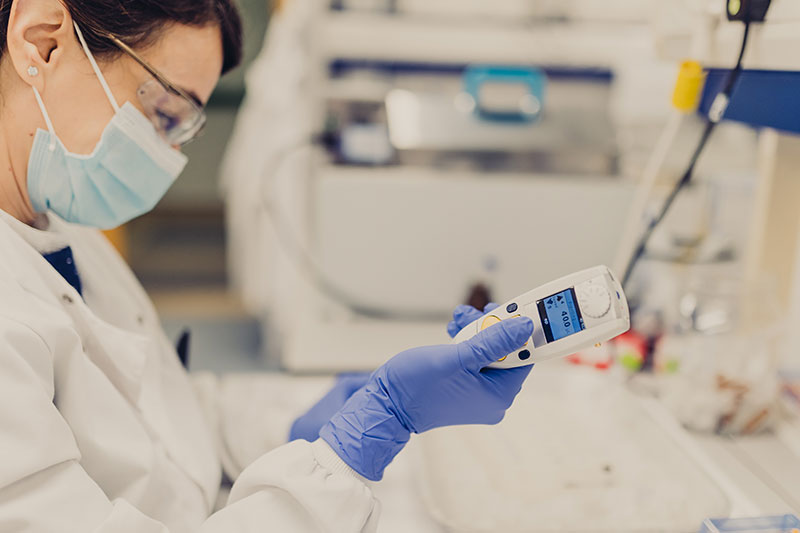Non-Regulatory Bioanalysis


Rapid Non-Regulatory Bioanalysis Services


Fast Turnaround for Drug Concentration Measurement
When you need to make pivotal decisions about progressing lead candidates from discovery PK and efficacy studies as part of the Design, Make, Test and Analyse (DMTA) cycle, no-one knows better than us how much time is of the essence. It’s vital to ensure rapid turnaround of results to measure drug concentrations in the biological samples collected.
Quick Analysis with UPLC-MS/MS Technology
At Alderley Analytical, we offer a non-regulatory bioanalysis service to support your early studies. Our discovery assay approach via UPLC-MS/MS can quickly analyse samples for compound concentrations and with results provided in as little as 3 working days after receipt of samples, helping you to rapidly discover and progress the best drug candidates. We can also calculate any required pharmacokinetic (PK) analysis on your data.
Discovery Stage PK and Pharmacodynamic (PD) Marker Analysis
For large molecule biotherapeutics, early development can also be supported via discovery stage PK assays and pharmacodynamic marker (PD) and exploratory biomarker analysis.
We offer 2 levels of
non-regulatory bioanalysis
Level 1 Bioanlaysis
This is a rapid screen where costs are minimal. We set up the UPLC-MS/MS for your molecule and use a generic methodology that we have developed to quickly get results generated for your understanding of the PK or exposure of your molecule.
Level 2 Bioanlaysis
Typically this approach is used for when you need additional testing of your assay for a tighter data set, usually during dose range finding studies where the data will be used to set dose levels in pivotal studies, or just when you need a higher standard of data compared to the Level 1 approach. We set up the UPLC-MS/MS or ELISA (using MSD or Colorimetric endpoints) for your molecule and tailor the method for your molecule. We can also run a small validation called a qualification (limited validation) so you can understand the accuracy and precision of the assay for your molecule.
Similarly, for biotherapeutics, including both PK and biomarker assays, the methods applied can be tailored to their ‘context of use’, i.e. the intended use of the data within the development programme of the drug.




